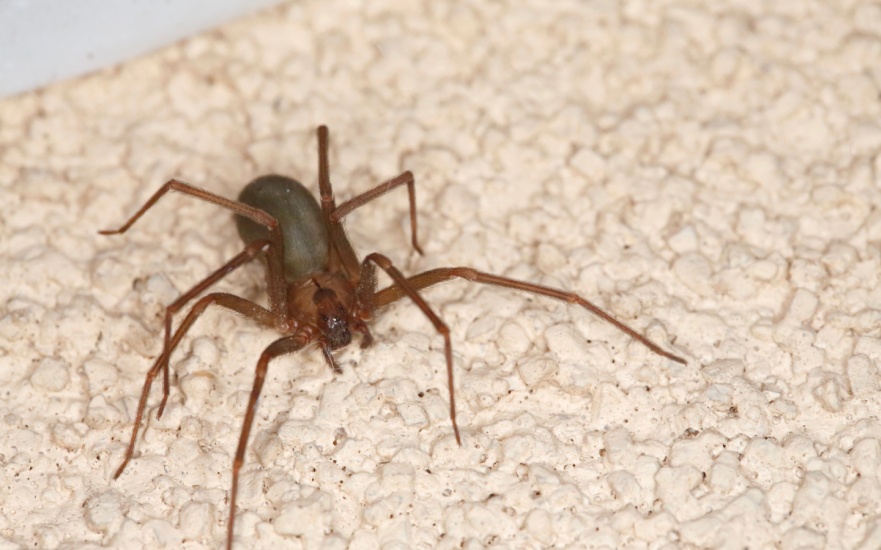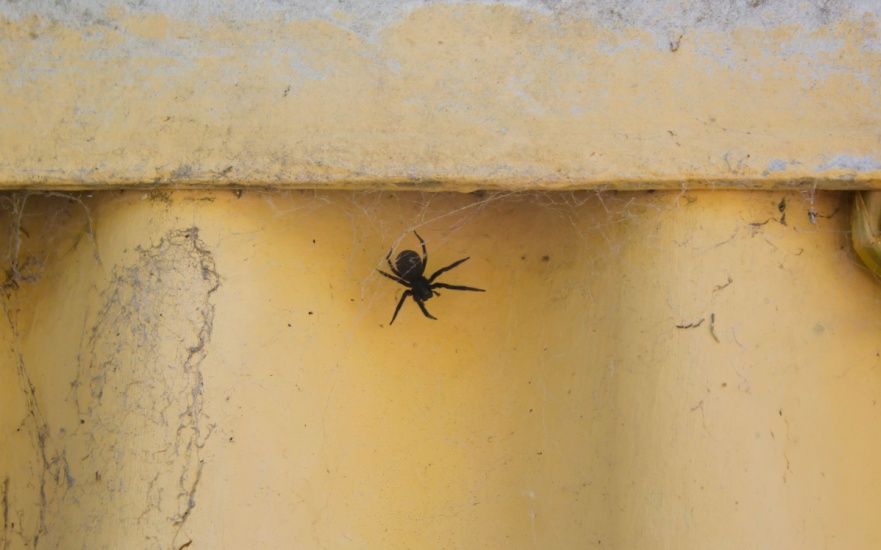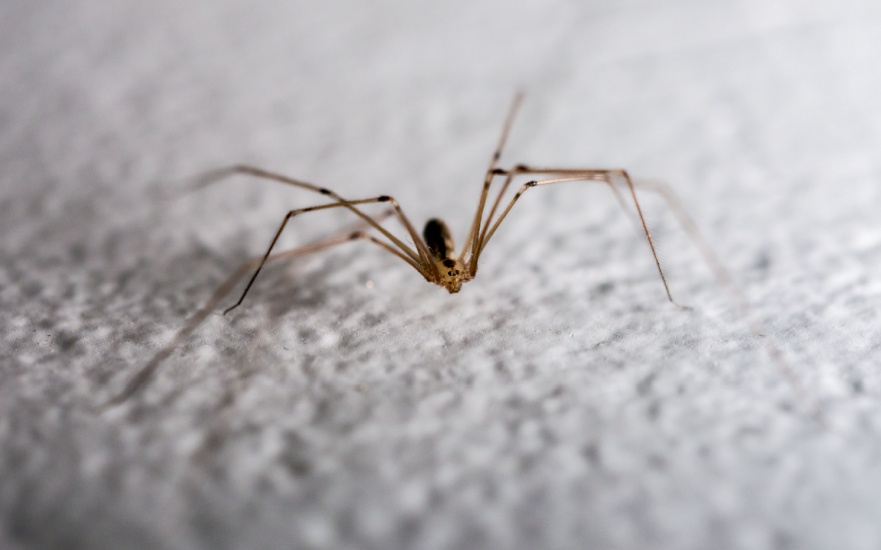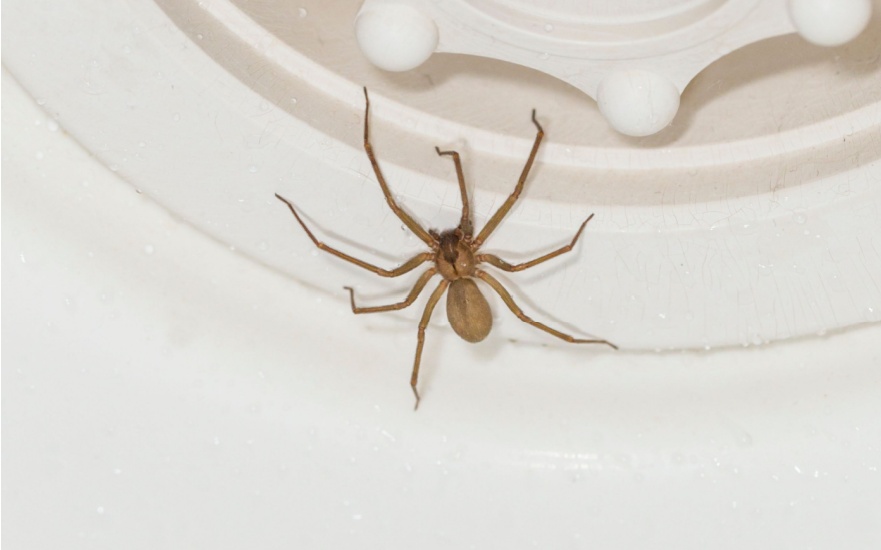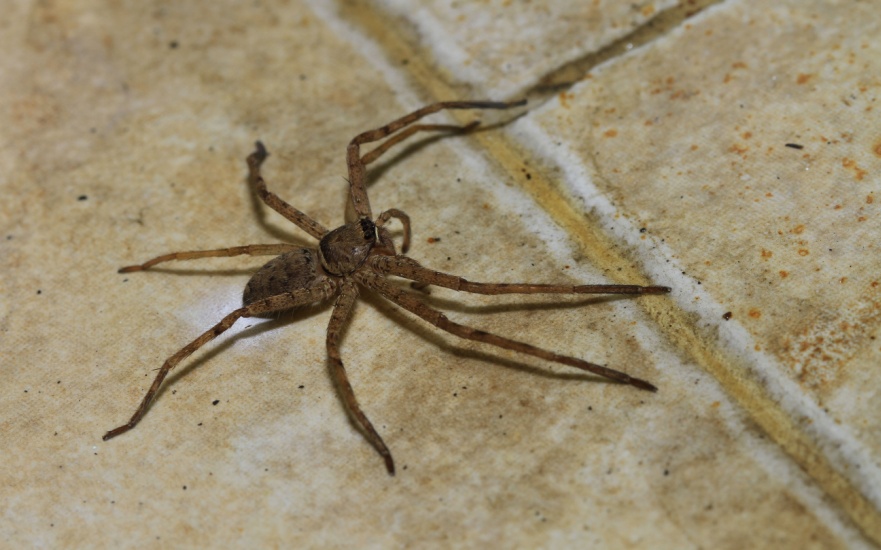Spiders are a common sight in many homes, and while some species are harmless, others can pose significant risks to your family’s safety. The question of whether to call in professional pest control to deal with spiders is a valid one, especially if you’re trying to manage an infestation on your own.
The Challenges of DIY Spider Control
Many homeowners attempt to manage spider infestations using do-it-yourself (DIY) methods. This often involves using over-the-counter insecticides, setting up traps, or even trying natural remedies like essential oils. While these methods can sometimes reduce the number of visible spiders, they often fall short of addressing the root cause of the problem.
One of the biggest challenges with DIY spider control is that it usually only targets the spiders you can see. Spiders are notorious for hiding in dark, hard-to-reach places, and many DIY methods fail to reach these areas. Moreover, if you’re dealing with venomous spiders like black widows or brown recluses, the risks associated with handling these pests on your own can outweigh the benefits.
Why Professional Pest Control Is More Effective
Professional pest control services offer several advantages over DIY methods when it comes to spider elimination. Here’s why professional intervention might be the best solution for your spider problem:
- Comprehensive Inspection: Pest control professionals begin with a thorough inspection of your home to identify the extent of the infestation and the specific types of spiders present. This step is crucial because different spider species require different treatment approaches.
- Targeted Treatments: Based on the inspection, professionals can apply targeted treatments that are specifically designed to eliminate spiders and their hiding spots. These treatments often include residual insecticides that continue to work long after they are applied, preventing spiders from re-establishing themselves in your home.
- Safety and Expertise: Dealing with venomous spiders like black widows or brown recluses requires special care. Pest control experts have the training and equipment necessary to handle these dangerous pests safely, reducing the risk to you and your family.
- Long-Term Prevention: Professional pest control services don’t just focus on eliminating the current infestation. They also provide advice and treatments to prevent future infestations. This might include sealing cracks and crevices, reducing clutter, and addressing other pest issues that could attract spiders to your home.
- Peace of Mind: Perhaps the most significant benefit of professional pest control is the peace of mind it brings. Knowing that your home has been treated by experts who understand spider behavior and control methods allows you to relax without the worry of recurring infestations.
When to Call in the Professionals
If you’re dealing with a few isolated spiders, DIY methods might be sufficient. However, there are several scenarios where professional pest control is strongly recommended:
- Recurring Infestations: If you’ve tried DIY methods but the spiders keep coming back, it’s a sign that the infestation is more extensive than you might have thought. Professional pest control can help eliminate the problem at its source.
- Venomous Spiders: If you’ve spotted venomous spiders like black widows or brown recluses, it’s best to leave the job to the professionals. These spiders can be dangerous, and their bites can cause serious health issues.
- Large Infestations: If you’re seeing spiders in multiple areas of your home, or if you’ve found large numbers of spiders, it’s time to call in an expert. A large infestation can be challenging to manage on your own and may require professional-grade treatments.
- Health Concerns: If anyone in your household has a severe fear of spiders or is allergic to spider bites, it’s important to address the problem quickly and effectively with professional help.
Spiders are an essential part of the ecosystem, but when they invade your home, they can become a serious nuisance—or even a danger. While DIY methods can sometimes provide temporary relief, professional pest control offers a more comprehensive and effective solution. By enlisting the help of experts, you can ensure that your home is spider-free and protected from future infestations.
Don’t let spiders take over your living space. If you’re struggling with a spider problem, consider reaching out to a professional pest control service to ensure that the job is done right, and your home remains safe and comfortable.



